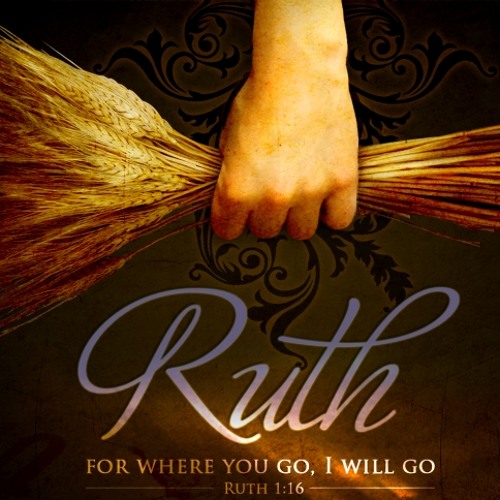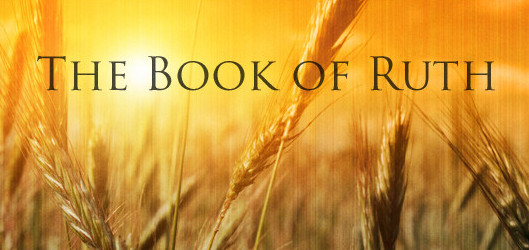Welcome to the first day of our Ruth Bible study! We’ve all been there wanting God’s blessings but not His discipline. When life gets hard and things don’t seem to get better, we tend to look around. Is the “grass greener” over there? Foreign lands and new opportunities tempt us when we are looking to escape the “famine” in our lives. Naomi and Elimelek waiting on God’s blessing in a famine was much better than living in a bountiful land of unbelievers.
Ruth 1:4
1 In the days when the judges ruled, there was a famine in the land. So a man from Bethlehem in Judah, together with his wife and two sons, went to live for a while in the country of Moab. 2 The man’s name was Elimelek, his wife’s name was Naomi, and the names of his two sons were Mahlon and Kilion. They were Ephrathites from Bethlehem, Judah. And they went to Moab and lived there.
3 Now Elimelek, Naomi’s husband, died, and she was left with her two sons. 4 They married Moabite women, one named Orpah and the other Ruth.
The book of Ruth takes place during the time of the Judges, a time when Israel had no king and everyone did what was right in his or her own eyes (Judges 21:25).
As the book of Ruth begins, the Israelites were living in unbelief, disobedience, and simply for themselves. Because of their choices, they were not enjoying the benefits of God’s blessings. Knowing this information is important as we begin reading the book of Ruth. It is in this setting that we see Elimelek make the choice to move his family from Bethlehem to Moab.

We also need to understand that the Moabites descended from Lot. They are the result of an incestuous affair between Lot and his oldest daughter. Genesis 19:30-38. When the nation of Israel was wondering in the wilderness, Moab was frequently causing them harm. Deuteronomy 23: 3-6 says:
“No Ammonite or Moabite or any of his descendants may enter the assembly of the Lord, even down to the tenth generation. For they did not come to meet you with bread and water on your way when you came out of Egypt, and they hired Balaam, son of Beor from Pethor in Aram Naharaim to pronounce a curse on you. However, the Lord your God would not listen to Balaam but turned the fuse into a blessing for you, because the Lord your God loves you. Do not seek a treaty of friendship with them as long as you live.
Knowing a little of the history between the two nations makes the move seem more significant. Elimelek was literally moving his family into enemy territory.
He was not placing his faith in God and God’s provision but instead decided to move from God’s land of protection and out of His will.
We see from this story that it is still better to be in the land of God’s will – even when you are experiencing discipline and “famine” – than it is to seek relief outside of His will while trying to escape discipline. I spent years trying to run from God and trying to find greener pastures. The greatest thing I learned from that is that it is better to feel discipline from a loving God that to feel acceptance from an uncaring world. And we get it, don’t we? When we feel like another land can provide better opportunities, a better future for our families, or wanted relief from the “famine” in our lives, we are tempted to leave God’s promised land and His provision.
We are tempted to live like Elimelek, focused on what we see rather than Whom we trust.The land of easy and abundance is always tempting when we are weary, hungry, and seeking relief.
I’d love to encourage you if you’ve been tempted like Elimelek lately and the “land” you are in seems to be experiencing a famine. Trust God. Stay where He has you right now and trust Him to provide for your needs. We will see later in Ruth Chapter 1 that God does come through for His treasured children. He does come to their aid.
Have you ever chased green lands? What have you learned about God when you chose to stay in the “famine” and wait for God’s provision?
